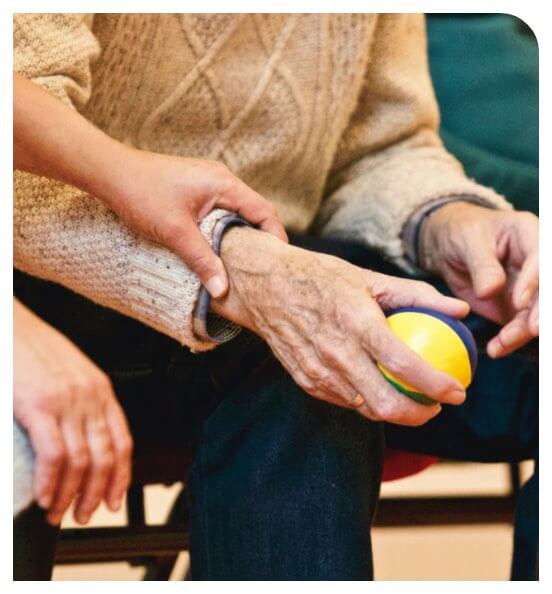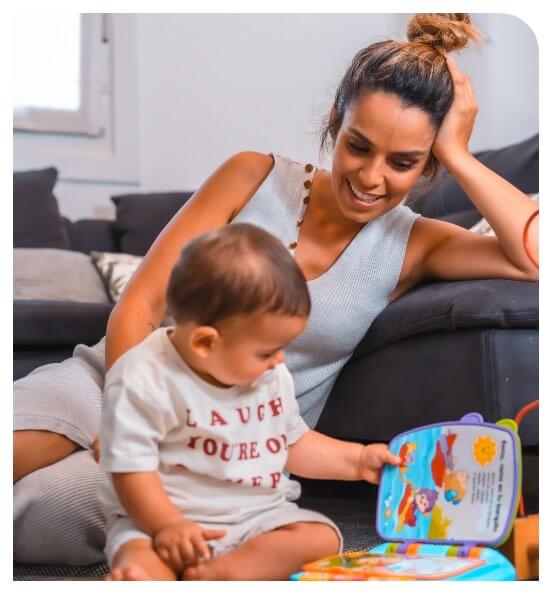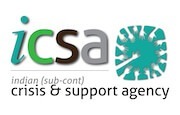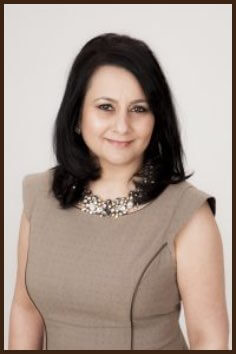Ageing and Disability
Improving access and effectiveness of disability and aged care services mindful of intersectional needs.

Understanding Disability with CALD communities?
Culturally and Linguistically Diverse (CALD) communities have ingrained perceptions of disability that are associated with weakness and stigma.
Disability is not well accepted in ethnic cultures. CALD families and carers can prefer to isolate the person with disability to avoid societal shame.
This makes the person with disability more vulnerable.
The person with the disability is considered as unable to have any ability and therefore a burden to the family. Carers too can be very isolated as they have little familial support and frequently no friend or peer network.
Due to such perceptions CALD communities have limited knowledge and understanding of the National Disability Insurance Scheme (NDIS) and National Disability Insurance Agency (NDIA) or the rights of people with disability.
The outcome being a fewer people properly accessing the support they need.
Our aim is to improve the understanding opportunities for people with disability and access to support.
We are better able to work with clients and their families to work through the cultural stigma and perceived shame.
Access & Advisory in NDIS
We offer advice to families through our:
- First hand knowledge and experience of cultural attitudes around disability.
- Mindfulness around the taboos and misconceptions of a person with disability being unproductive or included.
- Our understanding around support pathways towards appropriate services.
- An understanding around NDIS and NDIA, including applying for funding.
- Providing multi-lingual support in navigation and negotiating the system.
Improving Disability Support
We work with people with disability, their families and carers to access the best possible care by:
- Explaining the rights of people with disability in Australia.
- Educating and informing in relation to NDIS and NDIA, including eligibility and applications.
- Review of NDIS plans to better serve the needs of people with disability, their families and carers.
- Assist in understanding options available via the NDIS for people with language barriers.
- Assist in maximising plan options in relation to accommodation, community access, employment pathways and goals.
- Link families with other services they may not be aware of, such as specialised therapy
ICSA is in the process of NDIS registration to extend the range of support to better serve people with disability from CALD communities.


Cultural Intersections in Ageing
Ethnic cultures have specific perceptions and protocols for older people and how their twilight years should be managed.
There are intersections of what place in the family an older person has and how that changes as they age.
As a person ages, adult children often think they are the best decision makers for their parents and remove autonomy and self determination.
Elderly people are often entirely dependent on their children as putting an older person into care is considered a shameful act. As such many compromises may be made and the person may even suffer abuse but never be able to disclose the abuse.
Financial abuse in terms of an older persons assets and income can be normalised to the point that it would be difficult to detect.
Opportunity for disclosure is limited to many people who are ultimately in the care of their adult children but also completely under their control, including who they may socialise with.
We offer understanding in roles of parents and grandparents from a cultural perspective, and the impact of losing a patriarchal or matriarchal position.
Support for the Elderly
As people age and with increasing health issues, culturally people like to get affairs in order. This can be difficult in Australia not only with a lack of understanding of the system, but unfamiliarity with systems like guardianship.
Matters to be resolved may not only in be in this country. It is not a rarity to find a family with two other siblings in different countries and property back home.
We offer support services for ageing clients that include resolving property matters, will, end of life care plans and critical health decisions.
- Disputes between siblings in relation to care of elders
- Property disputes
- Living arrangements
- Property or assets back home
- End of life determinations.


Improving Access in Aged Care
With the growing number of aged people from other countries, many are not aware of their entitlements in this country.
We aim to provide them with timely advice and guidance in terms of their health, wellbeing and support needs as they age.
We offer consultancy and advisory services to Aged Care providers. We aim to expand understanding to improve practice and support to meet cultural needs and improve quality of experience for seniors in their care.

